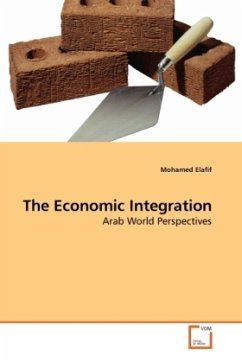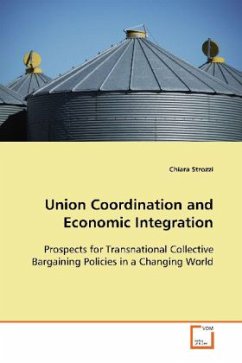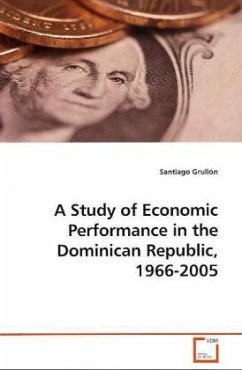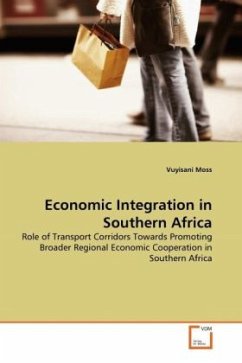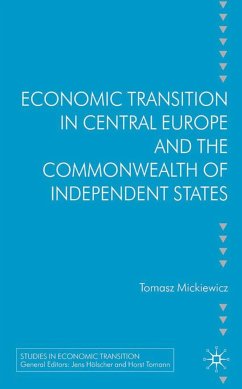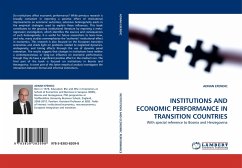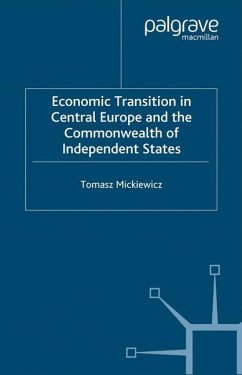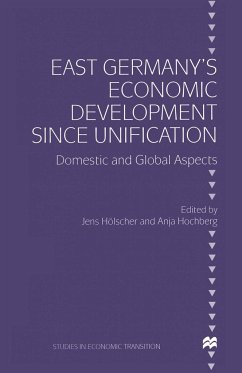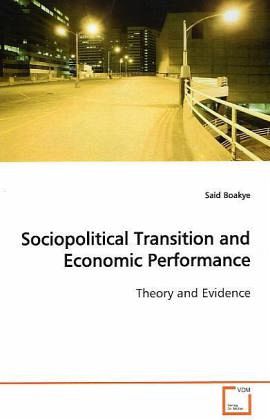
Sociopolitical Transition and Economic Performance
Theory and Evidence
Versandkostenfrei!
Versandfertig in 6-10 Tagen
49,00 €
inkl. MwSt.

PAYBACK Punkte
0 °P sammeln!
This book analyzes how social fractionalization and social integration determine sociopolitical evolutionary processes of countries, which in turn affect the dynamics of output per capita and economic growth. Chapter one develops a theoretical model setting up the relationship between social fractionalization and social integration on one hand and output per capita and economic growth on the other hand. Social fractionalization breeds discriminatory practices regarding government redistribution, which leads to inefficient allocation of resources away from production to struggle for political p...
This book analyzes how social fractionalization and
social integration determine sociopolitical
evolutionary processes of countries, which in turn
affect the dynamics of output per capita and
economic growth. Chapter one develops a theoretical
model setting up the relationship between social
fractionalization and social integration on one hand
and output per capita and economic growth on the
other hand. Social fractionalization breeds
discriminatory practices regarding government
redistribution, which leads to inefficient
allocation of resources away from production to
struggle for political power in order to take
control of the government's redistribution
mechanism. Howver, social integrative processes may
correct this inefficiency over time depending upon
the degree of social fractionalization, the level of
production technology, etc. Using the states in the
U.S.A. as a case study, chapter two tests the
theoretical model for empirical evidence.
Chapter three examines the extent to which the large
differences in foreign direct investment flows to
countries in the developing world is explained by
ethnic fractionalization.
social integration determine sociopolitical
evolutionary processes of countries, which in turn
affect the dynamics of output per capita and
economic growth. Chapter one develops a theoretical
model setting up the relationship between social
fractionalization and social integration on one hand
and output per capita and economic growth on the
other hand. Social fractionalization breeds
discriminatory practices regarding government
redistribution, which leads to inefficient
allocation of resources away from production to
struggle for political power in order to take
control of the government's redistribution
mechanism. Howver, social integrative processes may
correct this inefficiency over time depending upon
the degree of social fractionalization, the level of
production technology, etc. Using the states in the
U.S.A. as a case study, chapter two tests the
theoretical model for empirical evidence.
Chapter three examines the extent to which the large
differences in foreign direct investment flows to
countries in the developing world is explained by
ethnic fractionalization.



